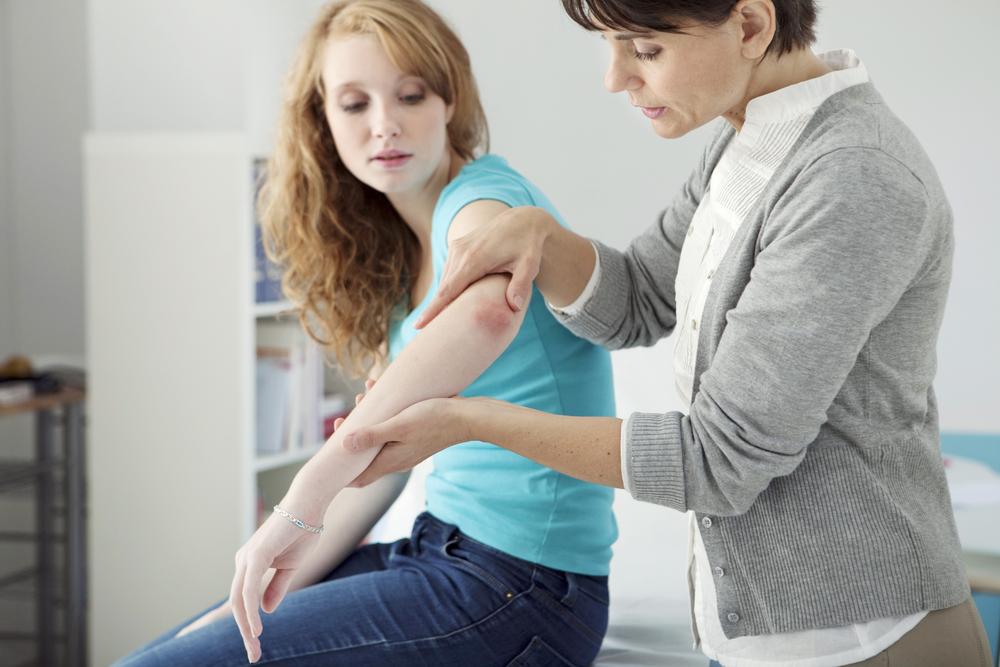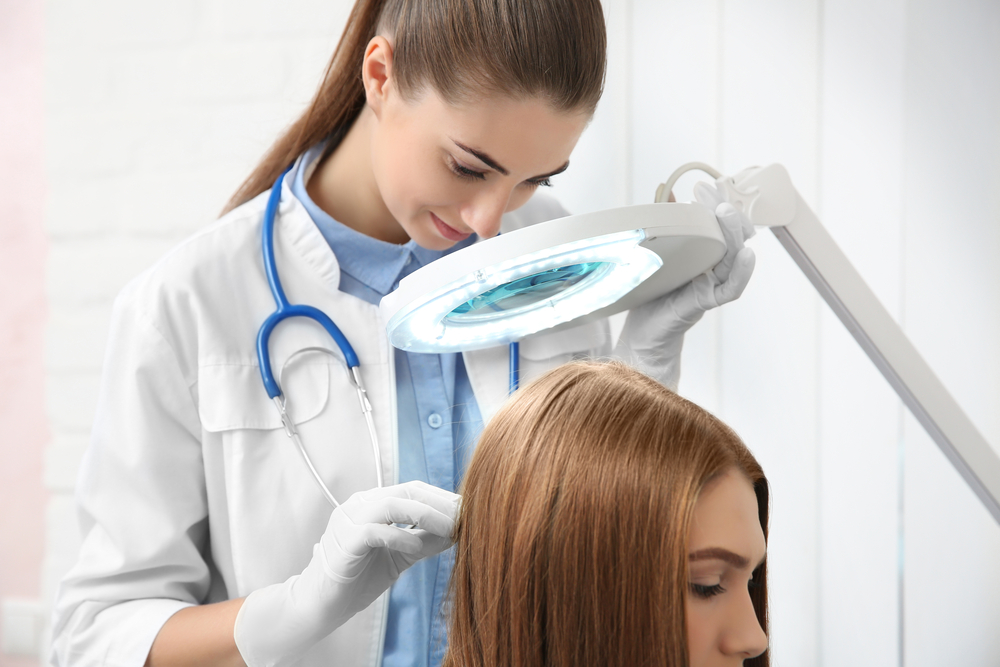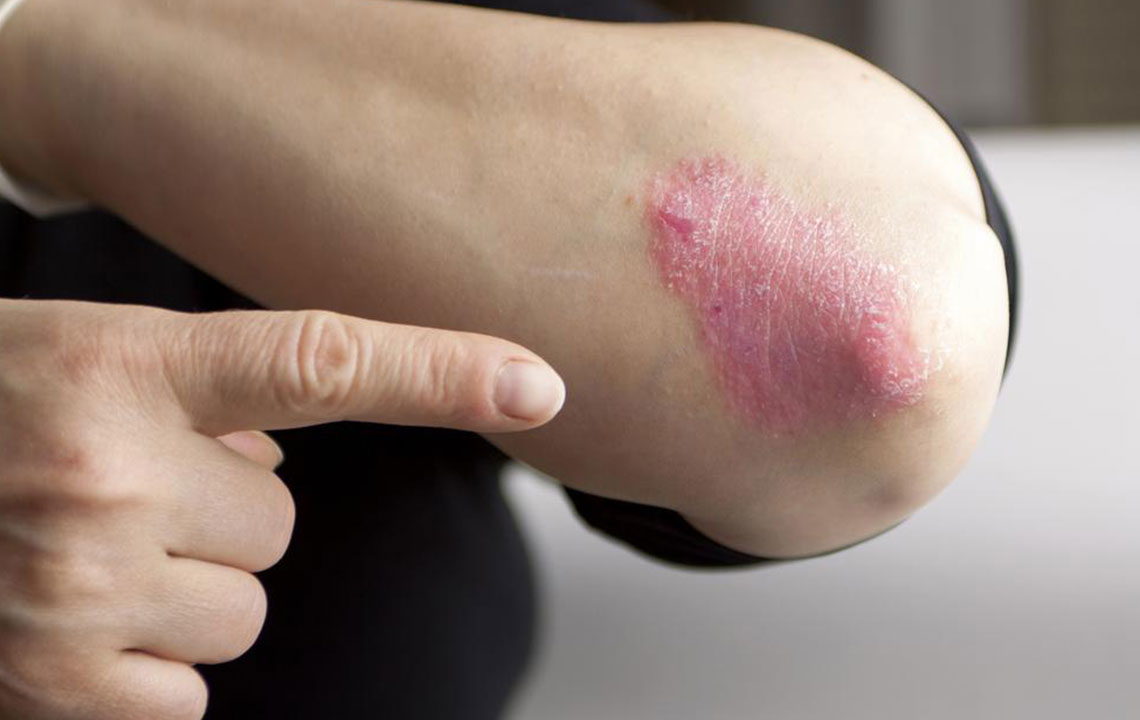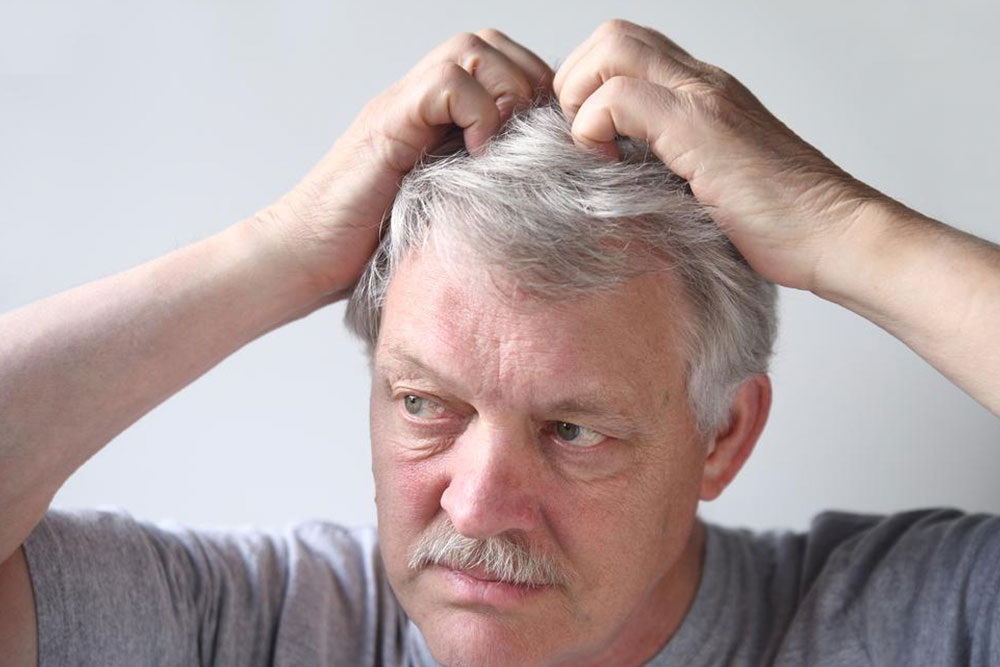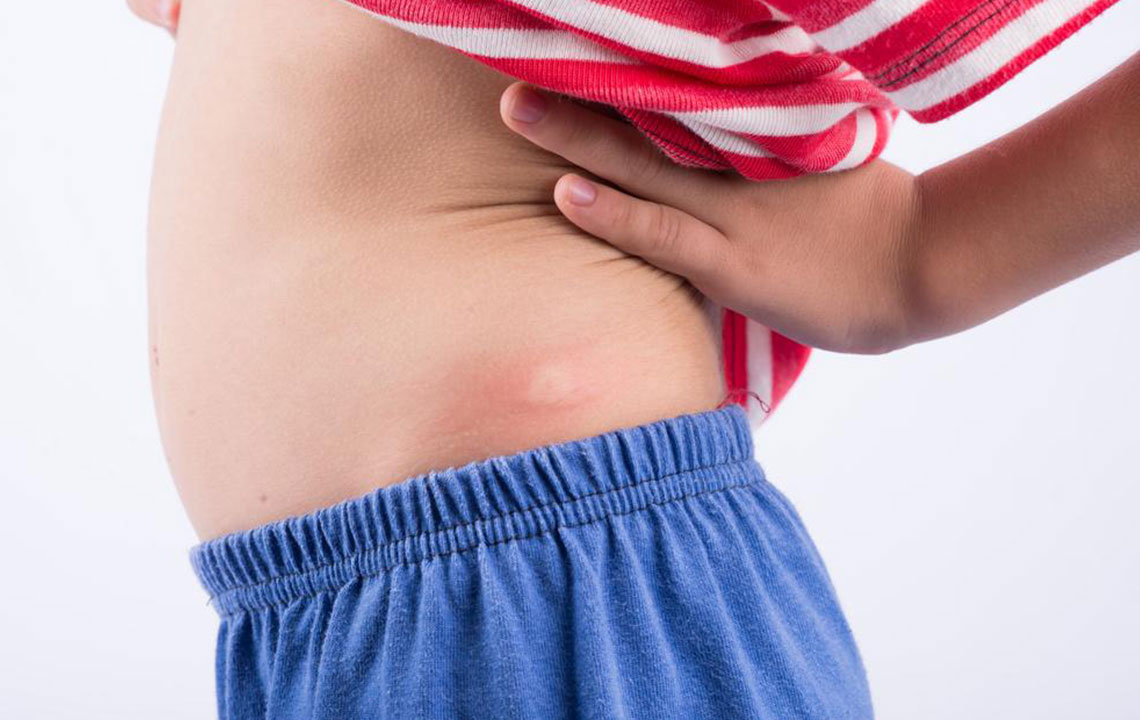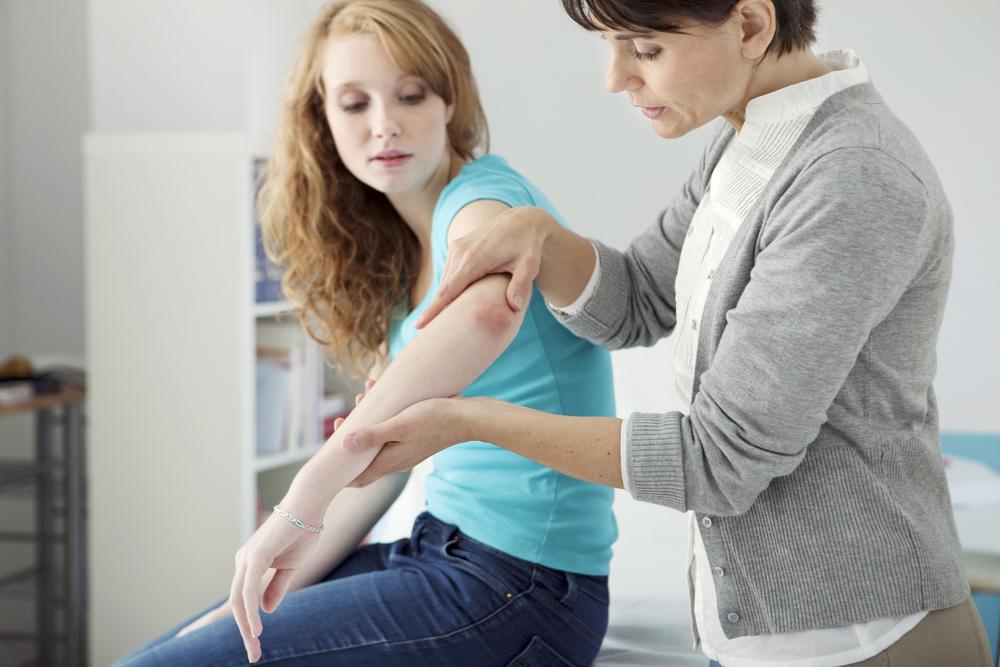Key Facts About Chronic Plaque Psoriasis and Management Tips
Learn essential facts about chronic plaque psoriasis, its causes, symptoms, and natural management strategies. This guide helps you understand the autoimmune nature of the disease and offers practical tips for symptom relief and treatment options, emphasizing the importance of early diagnosis and lifestyle adjustments for effective management.
Sponsored
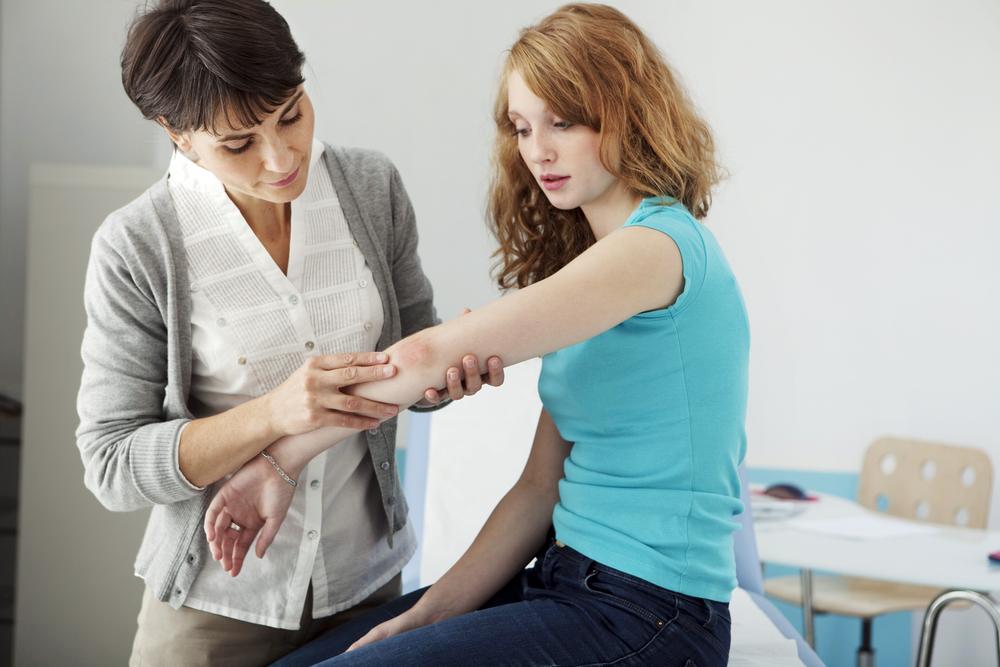
Chronic plaque psoriasis is a long-lasting skin condition characterized by raised, scaly patches that are often red and inflamed. It is an autoimmune disorder where the immune system mistakenly attacks healthy skin cells. Commonly appearing on elbows, scalp, and knees, it can also affect other skin areas. Affecting approximately 2-3% of the population, this condition is quite prevalent. Its exact cause remains unclear, but genetic mutations combined with environmental factors are believed to trigger its development.
Causes and Triggers of Plaque Psoriasis
The precise cause of plaque psoriasis is still under investigation.
However, research suggests that genetic mutations, especially in certain genes, combined with environmental triggers, can activate the disease.
Being an autoimmune condition, the immune system mistakenly attacks healthy skin cells.
This results in rapid skin cell growth, leading to thickened, scaly patches on the skin.
Environmental Triggers and Risk Factors
External factors, such as injuries or severe sunburns, can initiate or worsen psoriasis symptoms.
Certain medications, including those for malaria or containing lithium, may also serve as triggers.
Signs and Symptoms of Plaque Psoriasis
Initial symptoms include small red bumps that merge into raised, inflamed patches.
These patches are often itchy and may become flaky or scaly.
Lesions can vary from tiny bumps to widespread plaques covering large areas.
Symptoms tend to cycle, flaring up for weeks then subsiding before recurring.
Additional signs include dry skin, swollen or stiff joints, and thickened nails.
Natural and Medical Treatment Options
For mild cases, home remedies like moisturizing can help alleviate symptoms.
Severe cases require medical intervention; natural remedies should complement medical treatment.
Moisturizers help soften scales and reduce itchiness.
Epsom salt baths soothe the skin and promote healing.
Sun exposure may aid healing, but overexposure can trigger flare-ups in some individuals.
Maintaining a healthy weight can help manage symptoms effectively.
It is important to note that plaque psoriasis is non-contagious. Early diagnosis paired with proper treatment and lifestyle adjustments can effectively control this condition, improving quality of life.

